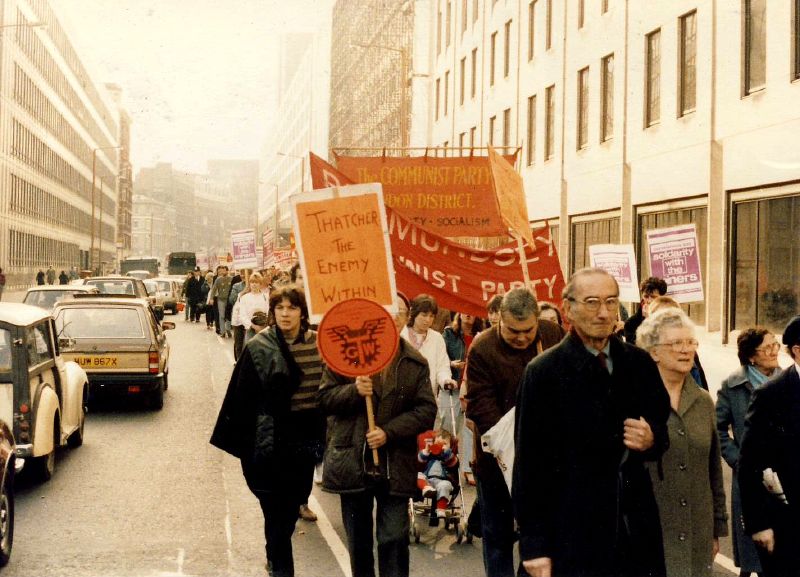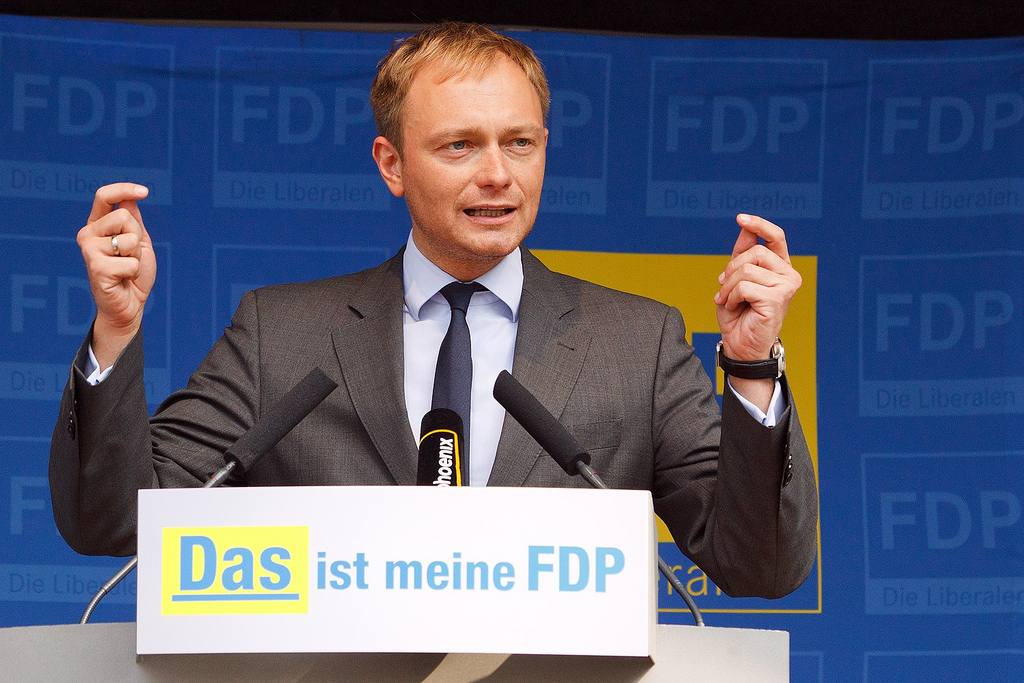The German FDP (Free Democratic Party) was an established part of the German parliament for 64 years—until their votes dropped under 5 percent in 2013. The German newspaper Focus lists unclear leadership, a programme void of any substance and the continuous rise of the AfD as reasons for this sudden drop. Moreover, the party is perceived as a “Klientelpartei”, a party that only serves the mostly economic interests of their party members, instead of serving the German people. What does this development say about the stand of liberals in the political world?
“Liberals in Germany want the state [to] be confined to provid[e] safety for the people and a stable environment, but not meddle around with people with overabundant regulation,” explains political scientist Michael Dreyer in an article for DW. According to him, liberals are usually socially progressive, but also economically conservative. However, this description is not true for all liberal parties. In the United States, “liberal” is almost synonymous with the left-leaning supporters of the democratic party. The British and Canadian liberal parties are also found on the moderate left. The Australian liberal party is thoroughly conservative. Dreyer explains this broad division with the history of the term “liberal”.
Liberalism is one of the oldest political terms, originating around the time of the French revolution and enlightenment. However, it is important to note that liberalism was generally a movement of the upper class, wealthy citizens and scholars—not a workers movement. Ed Rooksby, a teacher of politics at Ruskin College, Oxford, suggests that liberalism should be understood as a “specific historical movement of ideas”, rather than a collection of values. This could explain the significant differences in what does and does not qualify as liberal in different countries. In modern times, liberals usually support ideas such as the upholding of human rights, freedom of speech, press and religion, democracy and free markets, among others.
Moreover, Rooksby suggests that the history of liberalism is also the history of the rise of capitalism. In the 17th and 18th centuries, it was the liberals who fought against the feudal system, demanded democracy and the separation of church and state. By the 19th century, liberals demanded livable working conditions for factory workers. In the 20th century, especially after the second World War, many prominent politicians favoured neoliberalism as their political philosophy: A reworked version of liberalism, surrounding the idea that economic growth is the most important outcome and businesses should be able to pursue whatever gives them an economic advantage.
Famous neoliberals have historically been criticised for their disregard of workers and human rights. Margaret Thatcher, Prime Minister of the United Kingdom from 1979 to 1990, dedicated a lot of her work to the decimation of the influence of workers and trade unions. While many criticised Thatcher’s policies as attempts to legalise worker exploitation, others praise her for making the UK more competitive in the age of globalisation. Former US President Richard Nixon implemented a row of policies that were supposed to end the supposed drug epidemic in the States, which resulted in unproportionate arrests of people of colour. This criticism seems similar to the hardships the German FDP is facing right now.

The big predicament surrounding liberalism seems to be the combination of unrestricted economic growth and the preservation of the rights of the individual. According to liberals, everyone deserves a fair chance under capitalism—theoretically. It seems that, if the liberals want to persist as a politically important power in Germany, the USA and elsewhere, they will need to take an honest stand. The definition of liberalism, its ideas and who it really fights for are still grey zones within itself. Only time will tell if liberalism can redeem itself in the eyes of the public.
Photo credits:
Image 1 by Dirk Vorderstraße, ‘Christian Lindner (FDP)’, Attribution 2.0 Generic (CC BY 2.0)
Image 2 by nicksarebi, ‘Miners’ Strike Rally in London in 1984′, Creative Commons Attribution 2.0 Generic







